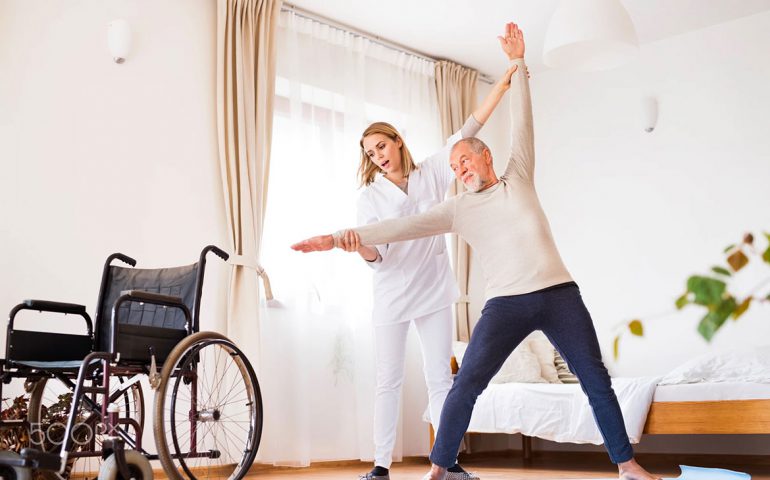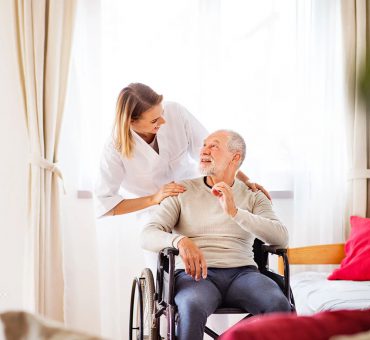Relaxation Techniques for Health
What's the Bottom Line?
A substantial amount of research has been done on relaxation techniques. However, for many health conditions, the number or size of the studies has been small, and some studies have been of poor quality.
What do we know about the effectiveness of relaxation techniques?
Relaxation techniques may be helpful in managing a variety of health conditions, including anxiety associated with illnesses or medical procedures, insomnia, labor pain, chemotherapy-induced nausea, and temporomandibular joint dysfunction. Psychological therapies, which may include relaxation techniques, can help manage chronic headaches and other types of chronic pain in children and adolescents. Relaxation techniques have also been studied for other conditions, but either they haven't been shown to be useful, research results have been inconsistent, or the evidence is limited.
What do we know about the safety of relaxation techniques?
Relaxation techniques are generally considered safe for healthy people, although there have been a few reports of negative experiences such as increased anxiety. People with serious physical or mental health problems should discuss relaxation techniques with their health care providers.

What Are Relaxation Techniques?
Meditation and practices that include meditation with movement, such as yoga and tai chi, can also promote relaxation. You can find information about these practices elsewhere on the NCCIH Web site.
Stress management programs commonly include relaxation techniques. Relaxation techniques have also been studied to see whether they might be of value in managing various health problems.
The Importance of Practice
Relaxation techniques include the following:

What the Science Says About the Safety and Side Effects of Relaxation Techniques
Relaxation techniques are generally considered safe for healthy people. However, occasionally, people report negative experiences such as increased anxiety, intrusive thoughts, or fear of losing control.
There have been rare reports that certain relaxation techniques might cause or worsen symptoms in people with epilepsy or certain psychiatric conditions, or with a history of abuse or trauma. People with heart disease should talk to their health care provider before doing progressive muscle relaxation.
NCCIH-Funded Research
The use of relaxation techniques and other complementary approaches for back pain in real-world health care settings
Guided imagery and relaxation response training for pain management in hospitalized patients
Who Teaches Relaxation Techniques?
More to Consider


